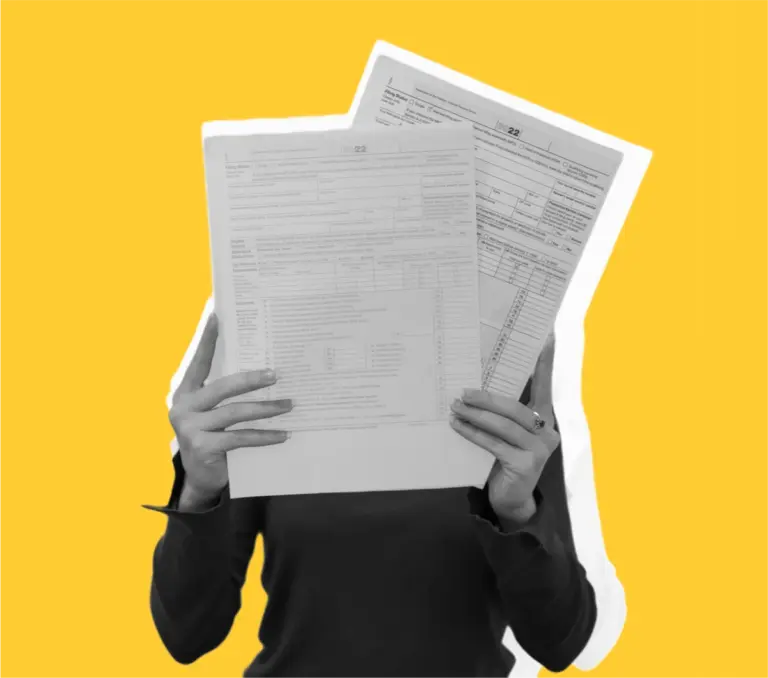ML-driven field detection and DocuSign integration in Salesforce

CLIENT: A finance company specializing in providing financing solutions for the purchase of recreational vehicles and boats. Their aim is to help dealers close more deals and increase profits by providing reliable and user-friendly services.
PROCESSING TIME REDUCED BY
99%
TRANSACTION VOLUME INCREASED
1.5x
PROCESSING TIME REDUCED BY
99%
TRANSACTION VOLUME INCREASED BY
150%
CHALLENGE:
- Document Complexity
The company struggles with the complexity of the legal documents required for transactions, often involving multiple forms and detailed sections that are difficult to manage effectively.
- Operational Efficiency
Manual processes for document preparation and field identification create inefficiencies and require significant time and effort from operational staff that could be better spent in other critical areas.
- Accuracy and Compliance
Ensuring accurate completion and compliance with legal requirements is a constant challenge, as manual handling increases the risk of errors and oversight in document preparation.
- Scaling Document Handling
As the business grows and transaction volumes increase, scaling the document handling process becomes increasingly complex and resource-intensive.
- Cost Implications
The manual handling of documents incurs significant costs in terms of labor and the potential for errors.



SOLUTION:
Solution Design & Implementation
- Evaluated existing document handling processes, identified inefficiencies, and determined data processing requirements.
- Planned and collected legal documents for training the ML model.
- Prepared and labeled the dataset to train the ML model.
- Trained an ML model to automatically detect required fields to be signed or filled in.
- Developed and integrated connectors/APIs for DocuSign and Salesforce integration.
Pilot Deployment & ML Model Tuning
- Successfully piloted the solution with a small user group.
- Gathered user feedback and tuned the ML model for improved accuracy.
Full Deployment & Rollout
- Fully deployed and rolled out the solution across all departments.
- Provided in-depth user training on the automated system.
Optimization & Continuous Improvement
- Monitored system performance and collected ongoing user feedback.
- Optimized the ML model based on usage data and feedback.
- Implemented regular updates and enhancements to improve system efficiency and accuracy over time.
RESULT:
- Reduction in Processing Time
The automated field recognition and annotation reduced document processing time by approximately 99.41%, improving operational efficiency.
- Resource Optimization
The automated paperwork processes enabled by ML reduced the need for excessive human resources dedicated to administrative tasks. These resources can be redirected to creative and strategic tasks.
- Enhanced Accuracy
Achieved enhanced accuracy through the utilization of ML, ensuring precise identification and annotation of critical document fields. Standardized processes improved consistency and reduced error rates, resulting in reliable and error-resistant document handling.
- Scalability and Growth Readiness
Positioned the company for a ~150% increase in transaction volume without a proportionate increase in operational resources, supporting future growth initiatives.

REDUCTION IN PROCESSING TIME
TIME REDUCED BY
150%
TIME REDUCED BY
150%
Share:


